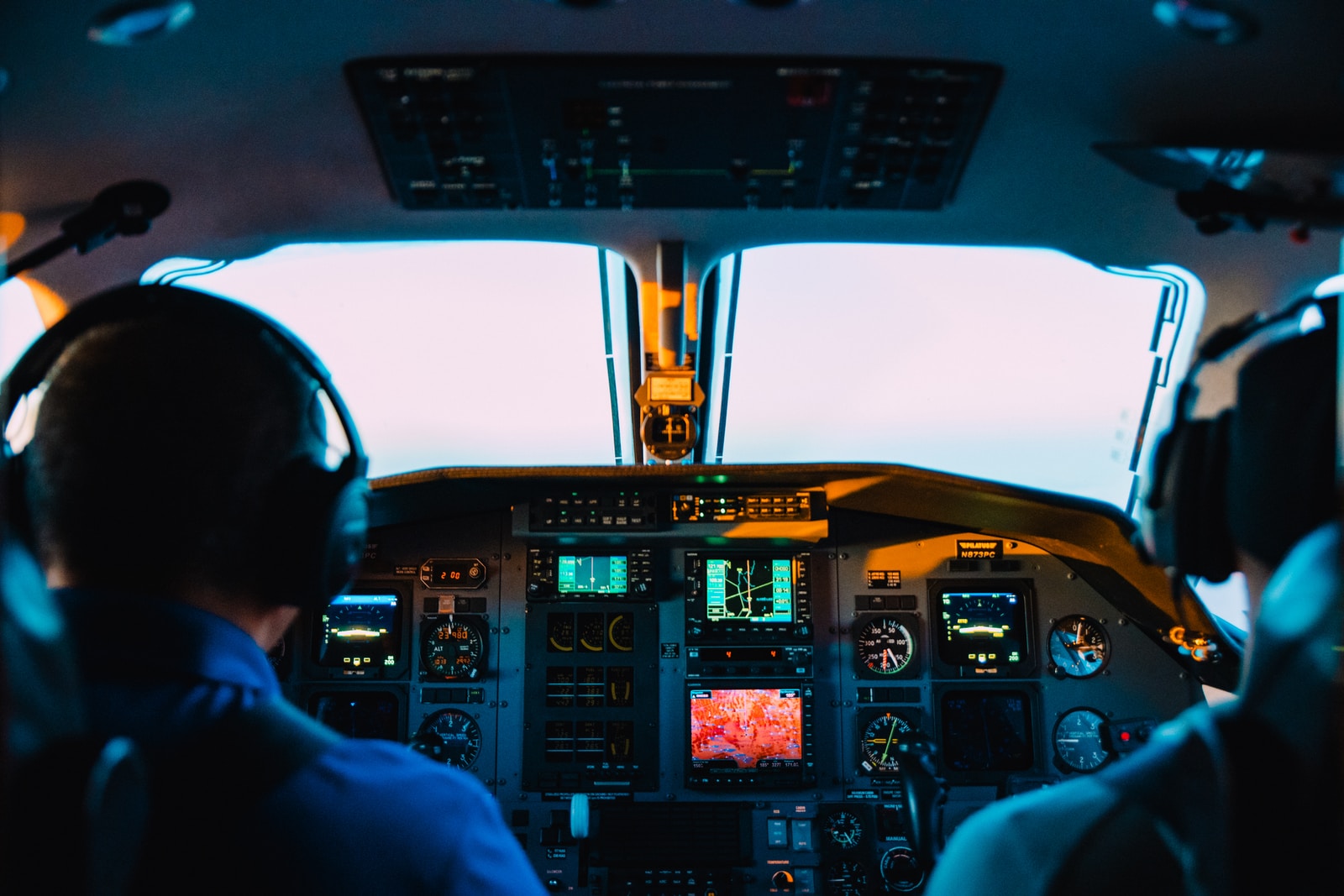
There is no doubt- 5G internet is the fastest, strongest and most reliable internet ever. However, could it be that 5G internet and its new power-towers are a potential danger to aviation? Well, this concern has certainly begun a debate with the FAA vs the FCC.
It Used to be the FCC vs the FAA
This is not the first time that the Federal Aviation Administration and the Federal Communications Commission have a strong debate over radio signal sharing issues. In 1991, it was actually the FCC, not the FAA, who banned cell phone and VoIP use during flights.
Many people think that the FAA prohibited calls during flights, because they may interfere with the plane’s signals or navigation equipment. But that was not actually the original reasoning behind “Airplane Mode”.
The real reason why the FCC enforced “Airplane Mode” during flights was because when phones that are dozens of thousands of feet above the ground are in use they pick up signals from several cell towers on ground simultaneously. This could cause major problems for the cellular networks. These problems can vary from disruption to confusion to overcrowding to extra-high phone bills.
Now It Is the FAA vs the FCC
Today, it is the FAA voicing its concerns to the FCC. Its major concern revolves around the expanding 5G technology. The FAA believes that the powerful 5G towers can greatly interfere with certain plane-landing procedures and helicopter operations.
Specifically, instruments like the altimeter are highly sensitive to radio signals. The altimeter uses radio frequencies to determine its distance from the ground. If there will be too many similar radio signals within the flight’s course, they may interfere with the altimeter’s signal. This could result in inaccurate altitude readings, which leads to severe safety concerns.
The FAA vs the FCC- To Be Continued
As a result, certain 5G tower-building-projects closer to the airports are currently on hold. The FAA designated 50 airports that will act as 5G “buffers” for the next half a year. During this time the 5G internet will be limited at those airports, while the FAA and the FCC research and work more together for a permanent solution to this concern. Hopefully, this FAA vs the FCC concern will soon turn into a revolutionary FAA with the FCC breakthrough invention.






